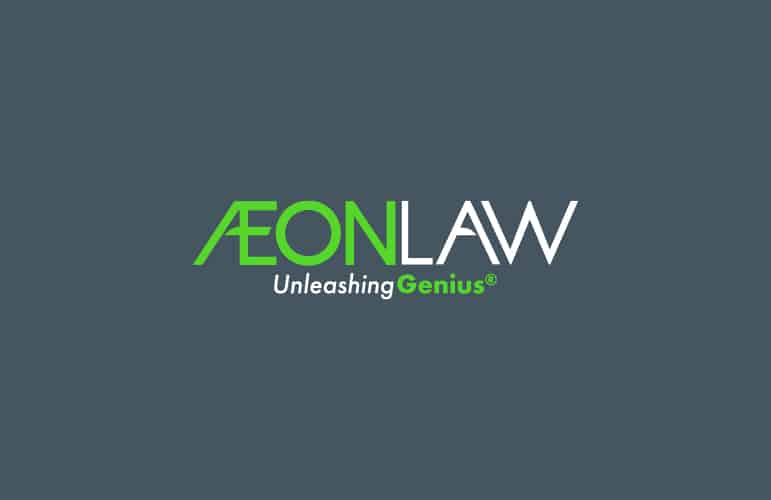The US Supreme Court has unanimously overturned a ruling by the US Court of Appeals for the Federal Circuit that allowed patents for a method for determining the best dosage for a drug by monitoring the patient’s reaction.
The process is used to monitor patients taking synthetic thiopurine compounds to treat gastrointestinal disorders such as Crohn’s disease and other auto-immune illnesses. Prometheus markets a $260 diagnostic test using the technology in the patents.
The Prometheus patents were challenged by a unit of the Mayo Clinic, which had used the Prometheus test but later announced it had developed its own testing method, giving rise to the original infringement suit by Prometheus.
The American Medical Association and 10 other medical groups supported Mayo, while trade groups for the drug and biotech industries backed Prometheus.
The patents at issue relate to the field of personalized medicine, which includes determining whether a patient is genetically susceptible to a given disease and which patients are genetically suited to respond best to various treatment options.
Justice Stephen Breyer’s 24-page opinion concluded that “the patent claims at issue here effectively claim the underlying laws of nature themselves. The claims are consequently invalid.”
He said the natural law involves “relationships between concentrations of certain metabolites in the blood and the likelihood that a dosage of a thiopurine drug will prove ineffective or cause harm.”
Among the cases Justice Breyer cited was the 1853 US Supreme Court decision in O’Reilly v. Morse, in which the Court allowed the patent for part of Morse’s telegraph but said he could not patent the idea of sending messages electronically across great distances:
For aught that we now know some future inventor, in the onward march of science may discover a mode of writing or printing at a distance by means of the electric or galvanic current, without using any part of the process or combination set forth in the plaintiff’s specification.
The Morse decision’s description would cover fax machines and the Internet, among other technologies.
The patents at issue in the Prometheus case are US Patent 6,355,623 and US Patent 6,680,302.
The Supreme Court case is Mayo Collaborative Services v. Prometheus Laboratories.


